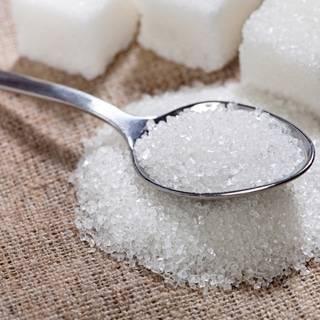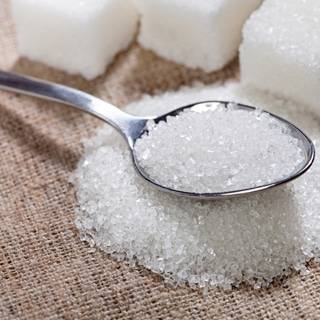Most people notice that consuming sweets makes them feel thirsty and leads to a need for larger amounts of water. Many wonder if this is a healthy phenomenon and are unaware of the scientific and medical explanation behind it.
A report from "Health Shots" explains the reasons why a person needs to drink a lot of water after consuming sweets and sugar, and how these sweets induce a strong feeling of thirst. The report states that "eating large amounts of sugar can cause fluctuations in blood sugar levels, leading to increased urination, which further depletes hydration levels and prompts the body to feel thirsty."
It adds that "an increase in glucose levels in the body indicates that the kidneys produce more urine to expel the excess glucose." Nutrition expert Nobor Patel states that excessive sugar consumption disrupts the body's fluid balance, leading to a feeling of thirst as the body tries to restore hydration levels.
Doctors explain that the rise in glucose levels signals the kidneys to produce more urine to remove the surplus glucose, which depletes the body's fluid balance, thus informing the brain of the need to drink more water to replace lost fluids.
The report highlights several ways to deal with the thirst experienced immediately after consuming sugar, including:
1. **Stay Hydrated Throughout the Day**: It is essential to drink plenty of water throughout the day to combat the dehydration effects caused by sugar, as advised by expert Nobor Patel, who emphasizes not waiting for sudden dehydration after sugar intake.
2. **Reduce Sugar Intake**: While everyone enjoys sweets, these can lead to dehydration, and excess sugar offers no benefits to the body.
3. **Choose Healthy Fluids**: Opt for healthy drinks like water, herbal tea, or infused water instead of sugary beverages to quench thirst without adding extra sugar.
4. **Be Mindful for Diabetics**: If you have diabetes or insulin resistance, closely monitor your blood sugar levels and adjust your diet to prevent excessive thirst after sugar consumption.
5. **Choose Meals Wisely**: Ensure your meals contain balanced amounts of carbohydrates, protein, and healthy fats to help stabilize blood sugar levels and prevent thirst triggers.
6. **Incorporate More Hydrating Foods**: Sometimes, we tend to forget to drink enough water throughout the day; instead, we can include hydrating foods like fruits and vegetables in our diet, as they are high in water content and can help maintain hydration levels.




